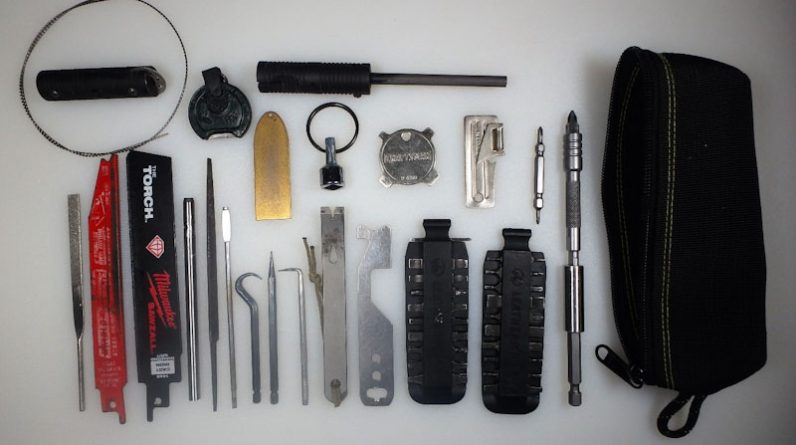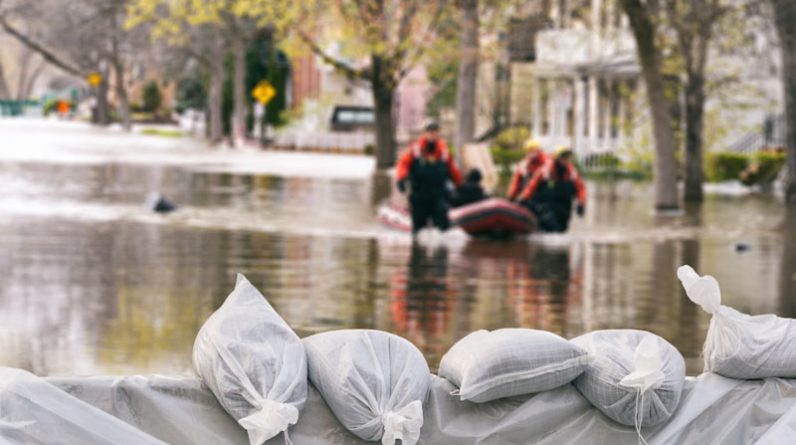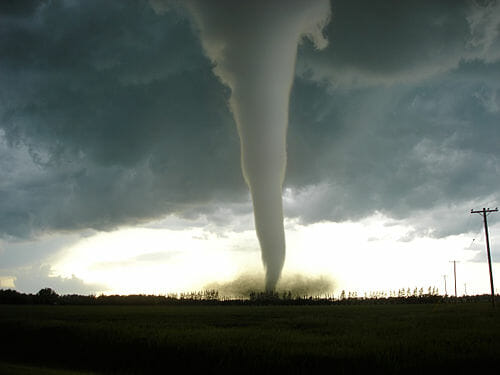There’s nothing quite as amazing as loading up your boat and getting out on a nearby lake or the open seas. However, regardless of if you’re taking a short trip, a more extended vacation or your permanent residence is on the water, you must prepare for any and all potential emergencies. It’s impossible to know what can happen when you’re out on the water, so if you prepare ahead of time, you can act swiftly and preserve your life and the lives of your passengers.
Here are the seven essential emergency preparedness tips for all boaters, from novices to sea captains.
1. Prepare an Emergency Kit
The first step to safety at sea is to have a comprehensive emergency kit on your vessel at all times. If you’re new to boating, create this kit before your first excursion, and if you’ve been around for a while, check your emergency kit to ensure that it’s properly stocked.

There are certain essentials that a kit must not be without, and the list starts with a first aid kit that includes:
- Bandages
- Safety pins
- Disposable sterile gloves
- Tweezers
- Necessary ointments
- Sterile eye dressings
- Plasters in a variety of sizes
- Antiseptic wipes
- Adhesive tape
- First aid manual
You can find full-stocked first aid kids at many stores, so pick one up and put it in your boat immediately. If there’s anything else you typically use to stay healthy and safe, like vitamins, medications, eye drops, or anything else that you can’t live without, add those to your kit as well.
A good preparedness kit will also include the basics of boat safety, including maps and charts of the waters you typically navigate, flares, lines and ropes, a fire extinguisher, and an extra paddle if you have a smaller vessel. Your kit should also include numerous signaling devices you can use if your engine fails, your boat sustains damage, or you’re otherwise deserted out on the water. Signaling devices include a portable light, mirror, a horn, orange flags, and anything else that comes to mind.
2. Stay Hydrated
Even if you don’t plan on taking a long-term expedition now, it’s still essential that you bring enough food and water to hold you over in case of an emergency. It’s easy to become dehydrated when you’re out in the sun all day on the boat, which can be dangerous for the driver and the guests. While sports drinks can help, water is the best cure for dehydration, so always have some stored away on your boat, even for shorter trips.
If trouble strikes, you never know how long you could be stuck floating for hours waiting for help to arrive. If you let dehydration take its course, you could start to lose strength and stamina. You could eventually begin to experience heat exhaustion. Then, you could also experience extreme complications, such as kidney failure, shock, swelling of the brain, and seizures.
Bring enough water so that every person on the boat can consume 5-8 ounces every 20 minutes.
In an extreme situation where you’re trapped in the ocean, and saltwater is your only choice, you’ll want to be prepared to take drastic measures. If you believe this may be a situation you could potentially face, bring buckets so you can try to capture rainwater. Saltwater and rainwater must be distilled by raising the temperature so that it turns to steam and removes the salt. You can use different tools on a boat to achieve this goal, including a solar still or a fire-powered heat still.
3. Always Have Food on Hand
Water takes priority when it comes to sustenance, but you’ll also need to eat at some point if you’re stuck on the water for too long. At a minimum, add some granola bars or trail mix to your emergency kit because these are healthy foods that won’t go bad when stored for long periods. It’s also a good idea to have something to hold you over if you’re traveling internationally and are unsure if the food you’re provided with is healthy.
While you will likely want a variety of snacks and beverages, you must try to moderate the food that can cause stress and other ailments. For example, candy and desserts can be tasty, but they’re also loaded with sugar, which can cause havoc on your blood sugar and cause anxiety and panic attacks. It’s also wise to go easy on the alcohol because, in addition to causing dehydration, it can also trigger stress symptoms while dulling your senses. You don’t need that when an emergency hits.
4. Ensure Your Boat Is Well Maintained
In many cases, equipment malfunctions can cause a boat to break down, and failure to operate your vehicle when you’re stuck in the middle of the ocean can lead to tragedy. As a boat owner, you must always stay on top of proper maintenance so that you limit the chances of any unforeseen system issues. Create a checklist of maintenance issues and check it regularly. Include things like:
- Inspect the anodes on the drive unit, shafts, rudders, hull, and trim tabs.
- Make sure there’s no water in the hull.
- Complete a visual inspection of the engine and check for loose wires.
- Check all circulation hoses.
- Check the fluid levels and fuel filters.
It’s also vital that you research your boat ahead of time or bring a manual so that you can fix a potential malfunction while you are out on the water. Finally, prepare a tool kit with the tools you need and store it on your boat at all times.
5. Know How To Respond To Common Emergencies
Another way to stay ahead of a possible boating emergency is to research the potential issues that could happen and formulate a plan so you can act without hesitation.
For instance, in the case of a fire, you should know the fastest evacuation route for your passengers so you can get them off the boat immediately. Then you would use the fire extinguisher you keep on board to douse the flames.
There’s also the possibility that a passenger could fall overboard. To prepare for such a scary situation, add a throw bag with at least 70 feet of floating line into your emergency kit, so you can throw it out to them before it’s too late. Of course, everyone on the boat should always be wearing life preservers so they can stay afloat if they are thrown off.
Many other potential emergencies could happen when out on the water, from losing necessary equipment to someone suffering a sudden medical emergency like a stroke or heart attack. In addition to asking potential passengers if they are at risk of a medical emergency before you depart, you should also research life-saving first aid procedures ahead of time to prepare you for anything.
6. Know What To Do if Your Boat Is Damaged
One of the most terrible emergencies that can occur is if your boat’s struck or damaged so that it starts to sink, and you can’t do anything to keep it afloat. This is another situation where you must think on your feet without a moment to lose.
To prepare for the possibility of this emergency, pack a ditch bag that you keep in an easily accessible spot on your boat. Try to find a large waterproof bag that would stay afloat so you aren’t struggling with it if you have to jump off of your boat and float in open water. Inside the bag, pack some water, granola bars, flares, an air horn, a multitool, first aid supplies, a whistle, and a waterproof radio.
Once you’re in the water, remain calm and avoid thrashing and flailing around. You could become physically exhausted and you need to keep your wits about you. If you’re wearing your life preserver, trust it to keep you afloat. Also, keep all your clothes on because the air trapped in your clothing can help keep you afloat. Then, look around at your surroundings. If you can see land or another vessel, swim towards it.
7. Know How To Send a Distress Signal
If your boat malfunctions and you cannot get it started and ride to safety, you must call for help. The best way is to always have VHF radio on hand because it will have channels that are reserved for boating distress calls, and they’re monitored by the U.S. Coast Guard. Calmly state your emergency and follow their directions.
You can also use a VHF radio to issue a MAYDAY call on channel 16. During your call, state the following:
- The name of your vessel
- Your location
- The nature of your emergency
- The kind of assistance you need
- The number of people on board
- The damage to your boat
Then, wait for instructions. If your mobile phone has a signal, call 9-1-1 or another water rescue authority in the area.
You can purchase orange signal flags to signal to other vessels that you’re in distress. During the day and at night, you can also use orange smoke flares for better visibility.







